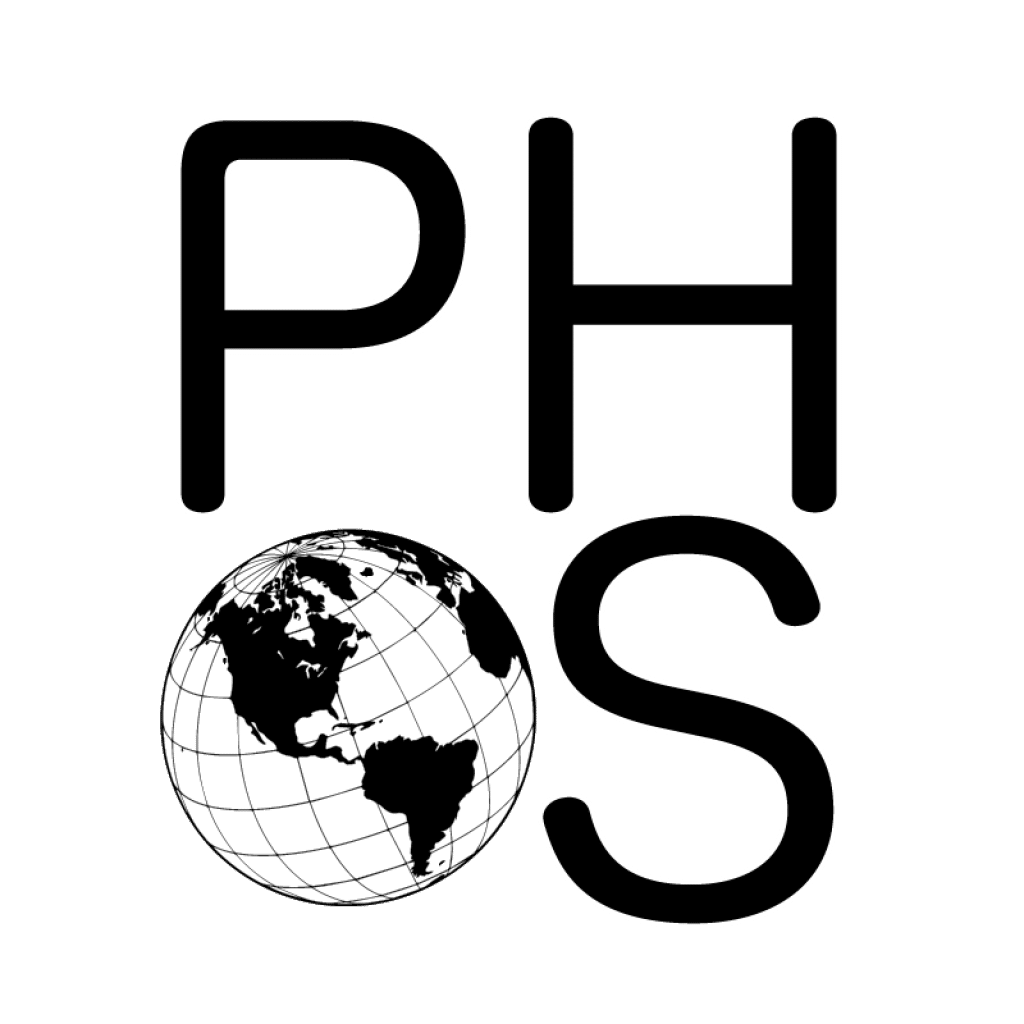Executive Summary of INSPIRE: Initiate Needed Services, Preventions, and Implement Research with Equity for Long Covid Act
(for social support, care, and treatment of people with Long Covid)
This proposed U.S. Congressional Law creates a federally funded program providing the treatment and services needed by people with Long Covid and related conditions arising from SARS-CoV-2/Covid-19 damage or viral persistence. A Brookings Report from August 2022 provides a conservative estimate of 16 million people suffering from Long Covid and the Centers for Disease Control estimated the number may be as high as 19 million.
The proposed Act covers these key aspects:
Long Covid care consortia are established to coordinate care and referrals for essential support services and assistance. Services will be provided without regard to the ability of individuals to pay and without regard to the current or past health of the individual. Services will be accessible to low-income individuals, and a program of outreach will be provided to low-income individuals with Long Covid to inform such individuals of availability of services. Clean air mitigations to protect individuals with Long Covid from reinfection with the etiologic agent for Long Covid are required for grant eligibility. Grants to organizations providing care for people with Long Covid include:
- health and treatment services including diagnostics, medical care, nursing, vision, hearing and dental care;
- inpatient and outpatient case management services including, monitoring, followup, case management, rehabilitation, telemedicine, and home health services;
- skilled health services furnished to the individual in the individual’s home pursuant to a written plan of care established by a case management team;
- day treatment or other partial hospitalization services; home intravenous and aerosolized drug therapy (including prescription drugs administered as part of such therapy); routine diagnostic testing administered in the home of the individual;
- coordinated care and support services including transportation and attendant care, nutrition services, benefits advocacy, and referrals to other needed services;
- homemaker or home health aide services, personal care services, day or respite care, family-centered care, and child welfare and family services including foster care and adoption services;
- long term care and treatment to prolong life or prevent serious deterioration of health, and to provide palliative care, and;
- grants to improve Long Covid health care to underserved populations.
Local planning councils are established to set priorities, assess services, and develop plans for meeting the needs for people with Long Covid in local areas. Planning council members include:
- people with Long Covid and family members of children with Long Covid;
- health care providers, representatives from hospitals, hospital and health care planning agencies, and from public health agencies;
- social services providers and mental health care providers;
- local and State government representatives;
- grantees, and,
- local non-elected community leaders, local community-based organizations, and Long Covid organizations from the local community.
Grant funds for Long Covid care in local communities are administered by the chief elected official of the city or urban county administering the public health agency for the local area, and are provided to health and service providers including:
- medical research facilities, hospitals, and ambulatory care facilities;
- hospices and community health centers;
- Veterans’ Administration health care facilities;
- migrant health centers, tribal health centers, and homeless health centers, and,
- community organizations,
Grants are provided for Long Covid early intervention inpatient and outpatient services, including:
- clinical and diagnostic services;
- testing for the disease, viral persistence, viral load, and deficiencies in the immune system;
- testing to provide information for appropriate therapeutic measures to prevent and treat deterioration of the immune system;
- testing to prevent and treat conditions arising from SARS-CoV-2/Covid-19 and Long Covid; and,
- information provision on how to prevent exposure and transmission; accuracy and reliability of testing results; benefits of testing and identifying the disease in early stages and of receiving intervention services in early stages;
- availability in geographic area of health care, mental health care, and social and support services including giving referrals;
- outreach, information provision and referrals to providers of health and support services, biomedical research facilities, and organizations offering experimental treatment for Long Covid.
Demonstration grants are also provided to healthcare organizations for:
- clinical research and services to pediatric patients and pregnant patients with Long Covid including treatment, case management, and referral services;
- clinical research and services to protect the blood supply, including state-of-the-art diagnostic and testing procedures for detecting SARS-CoV-2/Covid-19 related pathogens in the blood supply;
- quality assurance procedures relating to the safety of the blood supply and of blood products;
- a model curriculum and training for emergency responders;
- a comparative assessment of the impact and cost effectiveness of models for organizing and delivering Long Covid-related care, early intervention, and support services including patient outcomes, satisfaction, perceived quality of care, and total cumulative cost, and a review of the appropriateness of such models for the delivery of health and support services to infants, children, women, and families with Long Covid;
- a study of Long Covid in rural areas;
- a summary report concerning the major and continuing unmet needs in health care, mental health care, early intervention, and support services for individuals and families with Long Covid in urban and rural areas; and,
- research studies evaluating and reporting on these programs.
Grants to States are provided to assure continuity of health insurance coverage without regard to the ability of individuals to pay and without regard to the current or past health of the individual. States will receive funds to provide:
- a financial assistance program to aid eligible low-income individuals with Long Covid to maintain continuity of health insurance, or to receive medical benefits in a health insurance program, including risk-pools;
- assistance for the purchase of treatments and devices essential to administer treatments;
- outreach to individuals and families with Long Covid disease to be disseminated through Long Covid consortia, and additionally to the general public via methods such as mailings, public service announcements on radio and television, web site information, and posted advertisements on bulletin boards and public transit.
- grants to entities providing home- and community-based health services, outreach services, and for coordination of those services with Long Covid-related health services provided by public and private entities, including for individuals in rural areas.
To help take action and lobby to adopt the HEAL legislation, please sign the following letter and be sure to personalize it with your story: Tell Bernie Sanders to Enact the HEAL Legislation Proposal for Long Covid »





